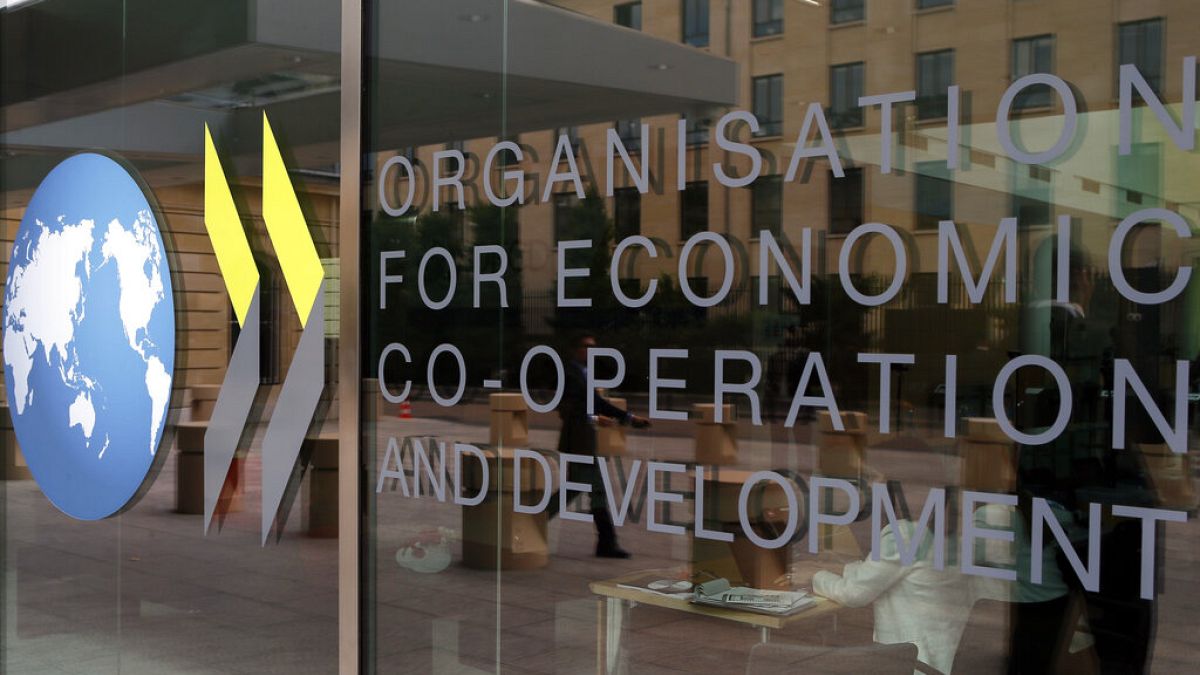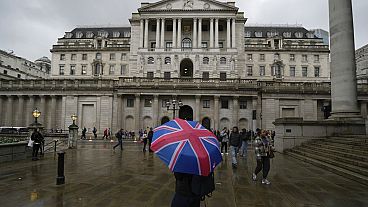Across the 38 members of the OECD, year-on-year inflation was at a two-year low in November 2023.
Inflation declined further in November across the 38 member states of the Organisation for Economic Co-operation and Development (OECD), according to new data released by the Paris-based organisation.
Prices increased by 5.4% compared to the same period of 2022 and remained unchanged compared to the previous month.
Both the yearly and monthly comparisons of the prices show a steady decline in the four months leading to the end of November.
The year-on-year headline inflation (including food and energy prices) declined from 6.4 to 5.4% between August and November 2023, and prices compared to the previous months increased by 0.8%, 0.4%, 0.2% and 0% respectively during the same four months.
Out of the 38 members of the OECD, 28 recorded declines in inflation in November in a yearly comparison.
Prices excluding food and energy also continued to fall slightly, from 6.5% in October to 6.3% in November, its lowest level since April 2022.
Across the OECD countries, food inflation was 6.7% in November, marking a decrease from 7.4% in October. A decline in food inflation was reported by 34 member states.
Energy prices shrunk in November, marking the seventh consecutive month of negative energy inflation in the OECD. However, significant differences were recorded across OECD countries: energy inflation exceeded 20% year-on-year in the Czech Republic and Colombia, while energy prices fell by more than 20% year-on-year in Belgium, the Netherlands, Italy, and Denmark.
Europe is battling with persistent inflation
In the euro area, year-on-year inflation as measured by the Harmonised Index of Consumer Prices (HICP) fell further, reaching 2.4% in November following 2.9% in October, with relatively larger declines in food and core inflation and a less pronounced decline in energy inflation.
However, in the Netherlands, Denmark and Belgium, headline inflation picked up again after a period of decline.
The OECD report also reiterates that Eurostat’s flash estimate pointed to an increase in euro area inflation to 2.9% in December, with a slowing decline in energy prices, while core inflation is estimated to have continued to decrease.
Inflation is estimated to have risen markedly in December in Germany, reflecting a base effect due to a one-off measure on gas and heating bills (known as "December immediate assistance") in December 2022.



